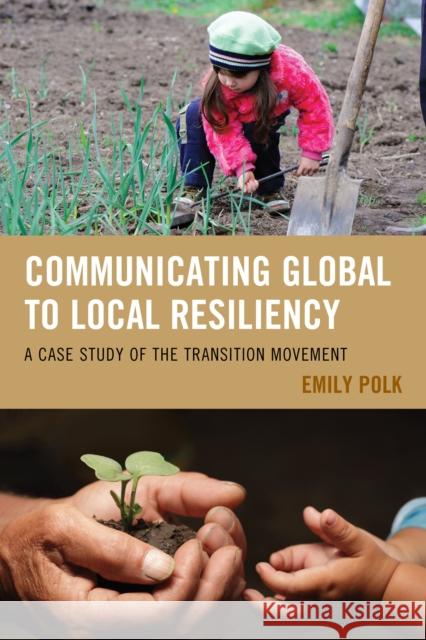Communicating Global to Local Resiliency: A Case Study of the Transition Movement » książka
Communicating Global to Local Resiliency: A Case Study of the Transition Movement
ISBN-13: 9780739198537 / Angielski / Twarda / 2015 / 200 str.
This book explores the communication processes of the Transition Movement, a community-led global social movement, as it was adapted in a local context. First it analyzes how the movement's grand narratives of responding to "climate change" and creating greater "resiliency" were communicated into local community-based stories, responses, and actions in the Transition Town of Amherst, Massachusetts. Second, it seeks to understand the multilayered communication processes that facilitate these actions toward sustainable social change. Transition Amherst developed and/or supported projects that addressed reducing dependency on peak-oil, creating community-based-local economies, supporting sustainable food production and consumption, and participating in more efficient transportation, among others. The popularity of the model coincides with an increase in the interest in and use of the term "sustainability" by media, academics and policymakers around the world, and an increase in the global use of digital technology as a resource for information gathering and sharing. Thus this book situates itself at the intersections of a global environmental and economic crisis, the popularization of the term "sustainability," and an increasingly digitized and networked global society in order to better understand how social change is contextualized and facilitated in a local community via a global network. This book is the first comprehensive analysis of the ways in which the theories of Transition are applied over an extended period of time in practice, on the ground in a Transition town.











